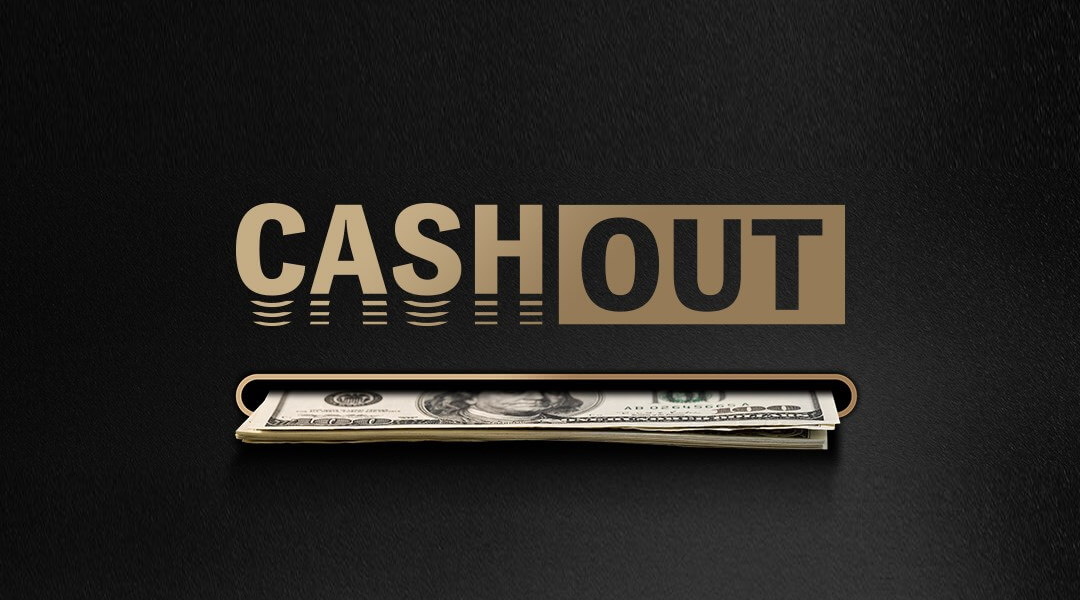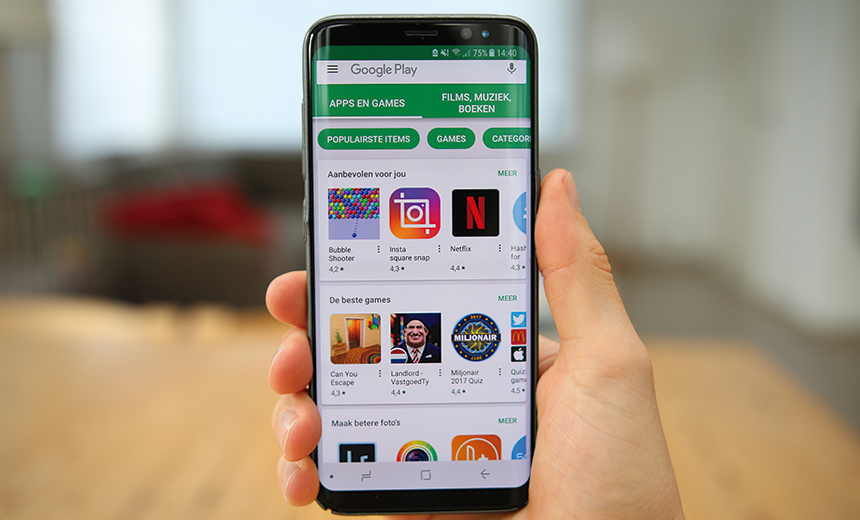We will give away one of our best methods for cashing out bank logs; this method will always be golden and will never die.
We have already written about cashing out the bank logs, but in this latest guide we will give away the best and most efficient method that we use to cashout logs.
The first thing you are going to need is a bank log. We have success with all US & Canadian banks using this method, but it’s universal; you can surely apply it to cashout logs in your country of origin, and it will work without a hitch as long as you do the proper groundwork like we are going to explain in this article.
The information you need will be different for each bank and will depend on how you go about doing the transfers, but the underlying principle is the same.
For those of you who prefer to do the transfers online, they can look at the bank’s login pages to determine exactly what’s needed to login; we have written about it in one of our previous articles.

You might also need additional information like a password or an OTP to make an online transfer, so it’s a beneficial idea to set up a bank account with internet banking at the bank your targeting; this way you will be able to see all that is needed and not just what you need to log into the actual website.
The usual information needed to log in to online banking is like:
- Username/account number
- Password
- Letters/Numbers of a security code
- Answers to the secret question
- Date of birth (sometimes)
But remember, if you don’t live in the US or CA, then banks in our country may have slightly different information, and that’s ok; you will be able to bypass that as long as you have that made available to you by the vendor who sold you that bank log.
OUR PREFERED METHOD (via phone call):
Our method of choice of bank transfers is always the phone; it’s much better to talk to the bank on a call. This is far more successful than online transfers because it doesn’t attract so much suspicion when a couple of thousand is being sent somewhere and banks will process the transfer there, meaning that if your phone call to them is successful, there is a 99% chance your transfer will be too.

However, you will need different information to do this type of transfer, and as we mentioned already, it’s different with each bank.
So the solution is to make a legit transfer by phone; this way you will know what to expect when you go to make a fraudulent transfer by phone.
Here is a rough guide of what you will need and we tested this with Wells Fargo, but feel free to experiment with other bank accounts;
- Account Number
- Sort Code
- Address Details
- Date of Birth
- Mother maiden name
- Answer to secret questions This is only asked if the operator is suspicious and suspects fraud.
SIDE NOTE: We have Wells Fargo logs in our shop for sale.
Alternatively, you can also collect and gather this information yourself in many ways, one of which is phishing, depending on your knowledge and experience.
Once you have access to the information you need, you will need to find or set up a bank account in which the stolen money can be transferred (bank drop). For obvious reasons, this must not be an account in your real name!
Side Note: We also have bank drops for sale in our shop.
Now that you have information and a bank drop account, you are ready to make the transfer. Here is some information and steps on how to go about making both phone and online transfers.
In theory, this method is pretty straightforward because all you really need to do is make a call to the telephone banking line of your target bank and answer any questions they ask as if you were the person whose details you have, but like any type of transfer, true success will depend on how well you plan and carry off the operation, so you must talk in a calm, cool, and collective way.
Acting, or at the very least voice impersonation, will play a major role in transfers made by phone because no bank is going to accept a transfer from someone on the phone who has the relatively squeaky voice of a teenager or young adult when the original account holder is supposed to be 60 years old, so you must take the time to perfect your voice to sound like the account holder might.
Sometimes the dialect of a voice can also make a bank worker weary of a transfer because if the account holder’s name is John Smith and you were born in India or some Asian country, then the operator will be able to spot this through your accent, and then they may prompt you to ask you secret questions that you will not be able to pass through.
For this operation to work, you’ll need to pull that off in your home country that you were born in, or else you need to have an account of a foreign national.

So for example, if you are targeting a US account and you were born in Asia, we suggest that the US account holder’s name should also be Asian to fool that operator into thinking that you are that Asian account holder.
Once you have your voice, you are ready to make the call. It’s a beneficial idea to use call spoofing and forwarding to have your target telephone number registered with the bank appear on caller ID because some banks may check this or use it as further verification. There is sometimes also some sort of voice-changing functionality with some of those call services, which is a beneficial feature to add to the fake voice you are making vocally or if you have female info and you want to sound like so.
It’s not usually necessary to use spoofing, so if you’re making a call, just make sure you are doing so from an unregistered pre-paid cell phone or payphone and not the personal landline number in your house.
Side Note: We also have burner SIM cards in our shop.
So for some reason, you think banking transfers over the phone are something that you cannot do in case you have an account of a native person but you are non-natitive, or whatever the reason may be, here is how you can do the online banking transfer:
BANK TRANSFER (via online):
This one is also pretty simple to do, but there are a lot of different aspects that can affect the success you have with this online method of transfer.
All banks have different procedures and tolerance levels when it comes to online transfers; initially, your work will primarily involve research, trial and error, and perseverance to determine the most effective methods and maximise your profits.
Okay, so you have your information and a drop account; now you need to make the actual transfer! When you are doing anything illegal electronically via a computer, you must secure your identity or so-called virtual fingerprint paper trail your system and modem leaves behind. You can do this by using socks, virtual private networks, hacked wireless connections, or any other form of legitimate anonymising techniques and principals to protect your IP address and ultimately your identity and location.
It is advisable to display an IP address that is in close proximity to your mark’s location or geographic area, ideally from the same city or state.
After this step, you can successfully and safely login to online banking!

Now we have to think about what we are doing. As mentioned before, banks generally set an amount of money that is deemed acceptable and safe to transfer online. The history of the account holders’ transfers will also come into play, so it’s your job to determine the highest amount a bank will accept in an online transaction without arousing suspicion. This can be done by looking at the payment history of an account and using your research in line with what you discovered as the bank’s acceptable amount in comparison to the balance and history ratio.
It is not a good idea to try and transfer $8k from an account with a $10k balance when the real account holder has never made a transfer bigger than $3k before.
So after you have a figure you think or know is safe to transfer, you can attempt to make the transfer. Please take a look below for more information regarding transfers in general.
Our Tips for You:
The best time to make a transfer is during big seasonal/regional/public holidays like Christmas or Summer, People spend a lot of money at these times so the chances of a successful transfer increases and suspicion falls. Remember, it’s not the same for small holidays or seasonal events like at the beginning of a new year because people tend to hold back on spending at those times because they spent so much at Christmas, etc.
Transferring money into a bank drop account from the same bank will usually happen instantly so you can cash out the money on the same day the transfer was made; sometimes this can be seen as suspicious though. If you are transferring money into a different bank, it will take between 1-4 days for the money to appear in your drop-off account.
Don’t transfer money at the weekend because people usually use their cards a lot more on weekends when they are off work and out shopping so they will find out money has been taken from their accounts faster. The best day(s) to make a transfer is Sunday to Wednesday (if you do it on Wednesday, do it before 12 PM).

If available, select the option to take the money from the account on the day it will actually be transferred (1-4 days). There is usually a box to tick online for you to do this, or you can tell the bank worker via the telephone that this is what you want.
If you have an amount with a larger balance, like over $100k it doesn’t mean you can automatically transfer $75k out of that account because it’s 75% of the account balance; don’t get greedy!
A good rule is to take between 3% up to a maximum of 10% of the larger account balances, but also remember the history of the payments is also very important, so transfer the amount that that bank system is used to transfer on a frequent basis as it will not be deemed suspicious.
Make small transfers to your drop account that the account holder might not see or report; if you make a larger transfer a few days later, there is a good chance of success because the bank system will see that the money has previously been sent to the same account and no problems were reported.

Take a look at the last login date for the account or ask us to do this for you. if the account holder doesn’t log into or use online banking often, there is a chance the success of a big transfer will fall, and you will then be able to adjust your transfer accordingly. You will also know that person probably isn’t going to see a bank statement until the end of the month.
Good luck! Get your success; you deserve it. We will see you on the other side!



